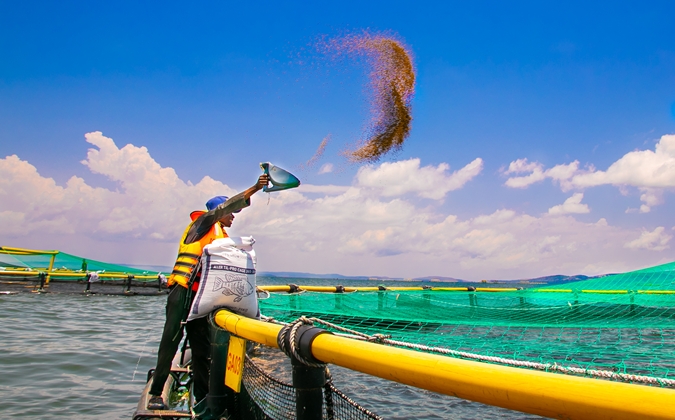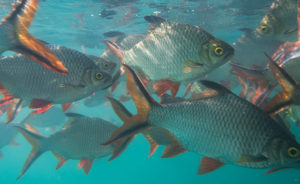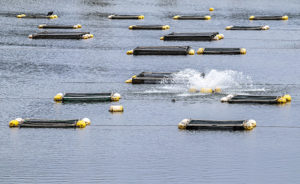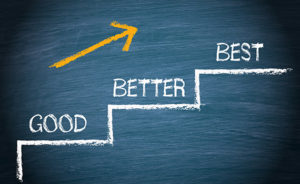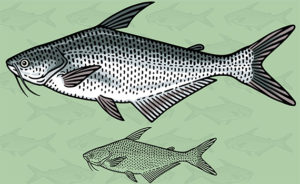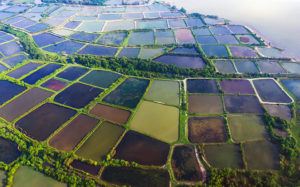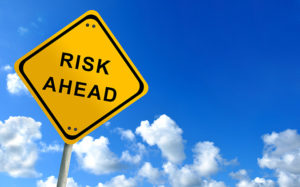Bringing Africa’s aquaculture leaders together to ensure a sustainable future
The freshly formed African Aquaculture Business Leaders Network aim to use the Global Salmon Initiative’s (GSI) model of uniting business leaders to accelerate the sustainable development of African aquaculture. Sophie Ryan from GSI told us about what’s been achieved so far.
FEED
Vaccine progress critical to sustainable freshwater aquaculture in Southeast Asia
A lack of vaccines and susceptibility to bacterial pathogens is putting Southeast Asia’s booming freshwater farming industry at risk, according to scientists.
Changes needed to ensure Brazil’s aquaculture sector achieves potential
Brazilian aquaculture has considerable potential, but a more scientific approach is required to ensure a sustainable future, according to the authors of new analysis on the country’s sector, published in Aquaculture Reports.
Success stories key to bringing integrated health approach to aquaculture
The principles of the global One Health movement, which links human and animal health outcomes with environmental considerations, are a near-perfect fit to help ensure healthy and sustainable growth in aquaculture, according to a leading expert.
Film offers a fairer appraisal of Vietnam’s ‘controversial’ pangasius sector
Vietnam’s pangasius sector is an aquaculture phenomenon. Worth US $2 billion a year in exports alone, this fast-growing and cheap-to-produce freshwater fish has quickly become one of the most consumed seafoods in the world.
Debate on antibiotic residues in shrimp farming masks broader concerns
There is global concern about antibiotic residues in farmed food products — and the potential economic damage of import bans resulting from exceeding regulatory limits is huge.
Why prophylactic use of antibiotics poses a problem for aquaculture
Aquaculture needs to change its “widespread and unrestricted” use of prophylactic antibiotics and accelerate the move toward vaccination and more sanitary practices globally, according to Felipe C. Cabello, MD, professor emeritus of microbiology and immunology at New York Medical College.
- « Previous
- 1
- 2
- 3
- 4

